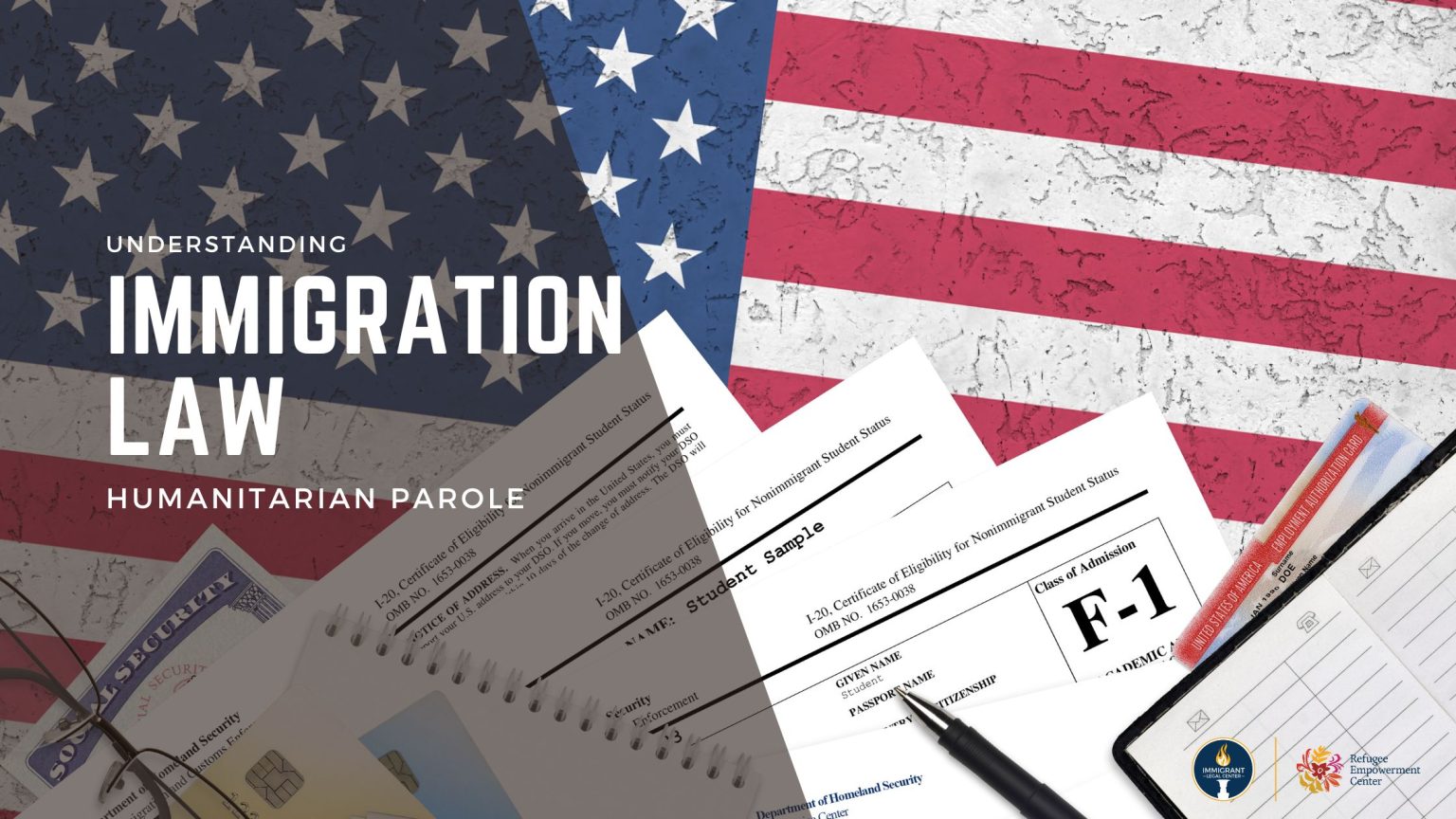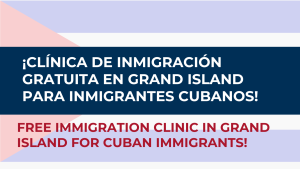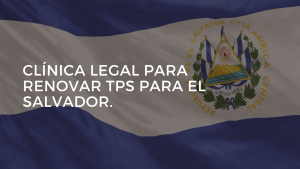Immigration law in the United States encompasses a range of policies and procedures that govern how people move into and out of the United States. One important form of immigration procedure is humanitarian parole, which allows people to enter the United States for a limited purpose and period of time.
What is Humanitarian Parole?:
Humanitarian parole is an immigration procedure that allows people to enter the United States temporarily for “emergency” or compassionate reasons. It is granted at the discretion of the Department of Homeland Security, who weigh a number of factors when considering a request for humanitarian parole. These can include medical or family emergencies, or other urgent situations.
When Can Humanitarian Parole be Used?:
The use of humanitarian parole is discretionary, which means that the Department of Homeland may grant a parole if there is a significant humanitarian reason for someone to enter the United States, and other methods of entering the United States are not available. The Department of Homeland Security also considers whether an individual poses a threat to national security, or if there are any criminal convictions associated with them.
What Are the Limitations of Humanitarian Parole?:
Humanitarian parole does not provide a pathway to permanent residence in the United States, nor does it give individuals the right to work. It also has limited duration and can only be granted for certain reasons. Immigration and Customs Enforcement is ultimately responsible for determining who will receive humanitarian parole, and they have the final say on whether or not an individual can enter the country through this procedure.
What Are Special Parole Programs?
In addition to the general parole process, DHS has established several special parole programs to assist particular populations. For example, in 2021, Afghan evacuees were paroled into the U.S. by CPB through a mechanism known as “port parole,” and some 1,100 parolees were resettled in Nebraska. We are working hard to connect as many Afghans as possible with legal representation in seeking another form of status before their parole expires later this year.
In April 2022, the administration created “Uniting for Ukraine,” a truncated process for individuals and organizations in the U.S. to apply for Ukrainian citizens to receive parole from USCIS for a two-year period. Some 800 Ukrainians have arrived in Nebraska under this program, and most need resettlement and legal assistance.
Most recently, on January 6, 2023, the administration announced a new parole program for Cubans, Haitians, Nicaraguans, and Venezuelans who meet certain requirements, including having a U.S. financial supporter, a valid passport, and the ability to fly to a U.S. airport, among other criteria.
Have questions about applying for humanitarian parole? Contact our Nebraska Immigration Legal Assistance Hotline (NILAH) for a free confidential intake screening today. Learn more at immigrantlc.org/nilah






